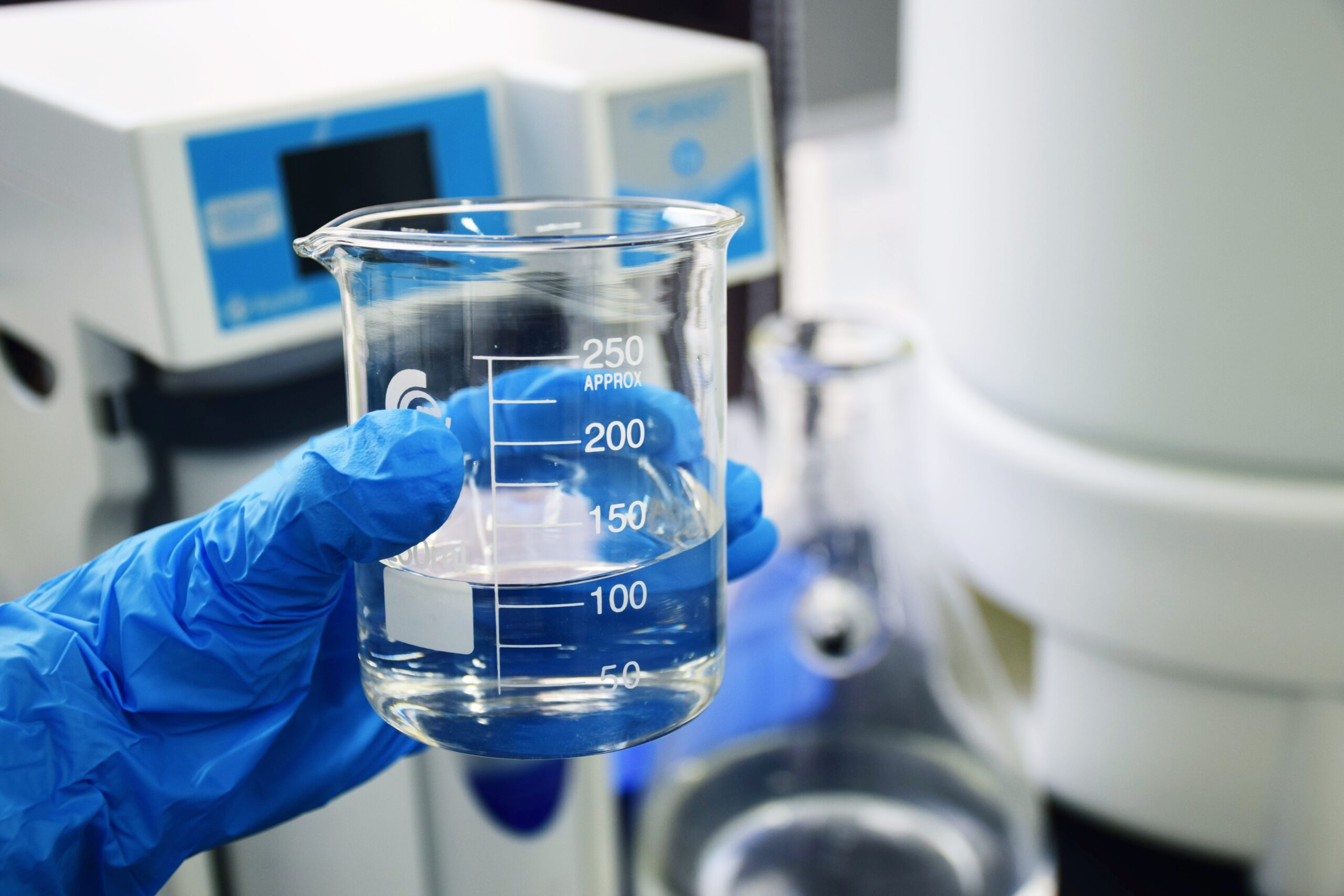The Top Functions to Seek in a Water Purification System
The Top Functions to Seek in a Water Purification System
Blog Article
Why a Water Filtration System Is Important for Tidy, Safe Water
Accessibility to clean, safe water is a fundamental human right and a foundation of public health and wellness. Nevertheless, the presence of unsafe impurities such as virus, hefty metals, and chemical toxins in our water increases severe issues concerning health and wellness and well-being. A water filtration system stands as a vital remedy to alleviate these risks, making certain that individuals and areas can access risk-free alcohol consumption water. Comprehending the intricacies of these systems and their various approaches is important, especially as we consider the effects for wellness end results and environmental sustainability in our day-to-days live.
Value of Clean Water
Accessibility to tidy water is a fundamental necessity for human health and health. It is important for maintaining life, supporting hygiene, and preserving total public health and wellness. Water Purification System. The schedule of safe drinking water substantially minimizes the threat of waterborne diseases, which posture a significant threat to communities worldwide. Polluted water can cause major wellness issues, including intestinal diseases, cholera, and dysentery, particularly in vulnerable populations such as kids and the senior.
In addition, clean water is important for sanitation and hygiene methods, which are important in protecting against the spread of transmittable conditions. Appropriate water system supports correct hygiene centers, promoting a much healthier atmosphere. Additionally, access to secure water influences socioeconomic factors, as it makes it possible for neighborhoods to involve in agricultural and commercial activities, eventually adding to economic growth.
In lots of areas, the lack of clean water exacerbates destitution and inequality, additional hindering progression toward lasting growth goals. For that reason, making sure accessibility to clean water is not just a public health and wellness necessary however additionally a foundation for social equity and financial growth. Initiatives to improve water top quality and infrastructure have significant advantages, cultivating much healthier areas and enhancing quality of life.

Common Contaminants in Water
Making sure the accessibility of tidy water is weakened by various contaminants that can compromise its safety and top quality. The visibility of microorganisms, such as infections, bacteria, and bloodsuckers, postures considerable wellness threats, especially in areas lacking appropriate cleanliness. These microorganisms can bring about waterborne conditions, resulting in severe health problem or even fatality.
Chemical impurities likewise present a vital concern. Hefty steels, consisting of lead, mercury, and arsenic, commonly enter water supplies with commercial discharges or rusty pipes. These compounds can collect in the body over time, leading to long-term health concerns such as neurological damage and developing disorders.
In addition, farming overflow introduces pesticides and fertilizers into water systems, which can interfere with environments and negatively impact human health. Nitrates, commonly discovered in fertilizers, can create severe problems like methemoglobinemia, specifically in infants.
Benefits of Water Purification Equipments
Recognizing the crucial demand for safe drinking water, water filtration systems offer a myriad of advantages that enhance public health and wellness and ecological sustainability. Mostly, these systems successfully remove unsafe pollutants, consisting of microorganisms, infections, hefty metals, and chemicals, guaranteeing that the water taken in is totally free from pollutants and virus. This reduction in impurities substantially lowers the threat of waterborne conditions, promoting total neighborhood wellness.
Along with health benefits, water purification systems contribute to environmental sustainability by decreasing dependence on mineral water, which commonly creates extreme plastic waste. By utilizing a purification system, families can reduce their carbon footprint and add to an extra sustainable community. In addition, these systems can enhance the taste and odor of water, making it a lot more tasty for everyday consumption.

Different Kinds Of Filtration Techniques

One usual technique is reverse osmosis, which makes use of a semi-permeable membrane layer to separate water from liquified solids and pollutants. This process efficiently minimizes pollutants, consisting of hefty steels and chemicals. One more commonly made use of strategy is ultraviolet (UV) sanitation, which utilizes UV light to neutralize viruses and germs, making them harmless without the usage of chemicals.
Turned on carbon purification is one more preferred technique, utilizing carbon to adsorb natural compounds, chlorine, and unpleasant odors, improving taste and odor high quality. Purification, a procedure that entails boiling water and condensing the heavy steam, properly eliminates minerals and pollutants but may call for even more power compared to various other techniques.
Ion exchange is often used to soften water by replacing calcium and magnesium ions with sodium or potassium ions. Each technique has its constraints and benefits, making it necessary to understand their performances and performance in addressing certain water quality problems - Water Purification System. Ultimately, selecting the suitable filtration method is crucial for ensuring clean and risk-free alcohol consumption water
Selecting the Right System
Picking an ideal water filtration system requires careful factor to consider of different variables, consisting of the particular pollutants present in the water system, the volume of water needed, and the desired filtration technique. Initially, it is important to conduct a water quality examination to identify impurities such as germs, hefty steels, or chemical pollutants. This details will this hyperlink certainly lead you in selecting a system that effectively targets those certain impurities.
Next, assess your home's day-to-day water consumption to establish the system's capacity. Solutions are readily available in numerous sizes, from point-of-use filters for drinking water to whole-house devices that cleanse all water entering your home.
Moreover, think about the filtration approach that ideal fits your demands. For example, reverse osmosis is extremely reliable for getting rid of a variety of pollutants, while UV purification is exceptional for removing microbes.
Final Thought
In conclusion, the execution of water filtration systems is essential for making click reference sure accessibility to tidy and safe water. These systems efficiently remove dangerous impurities, therefore lowering the threat of waterborne conditions and improving public health. Additionally, they add to environmental sustainability by reducing reliance on bottled water. By recognizing the relevance of clean water and the advantages of different purification methods, communities can make enlightened choices to protect their health and promote socioeconomic security.
Acknowledging the important requirement for safe alcohol consumption water, water filtration systems use a myriad of benefits that improve public health and environmental sustainability.In enhancement to wellness benefits, water purification systems contribute to environmental sustainability by lowering dependence on bottled water, which commonly produces extreme plastic waste. Inevitably, the fostering of water filtration systems is a proactive step toward making sure clean, risk-free water for future generations while securing public wellness and the atmosphere.
Choosing an appropriate water filtration system requires mindful consideration of numerous factors, including the specific contaminants present in the water supply, the quantity of water required, and the desired purification approach.In conclusion, the execution of water filtration systems is critical for guaranteeing accessibility to clean and risk-free water.
Report this page